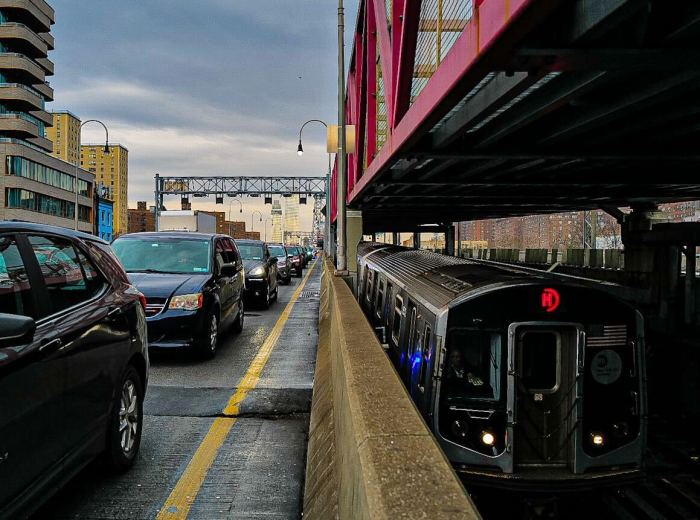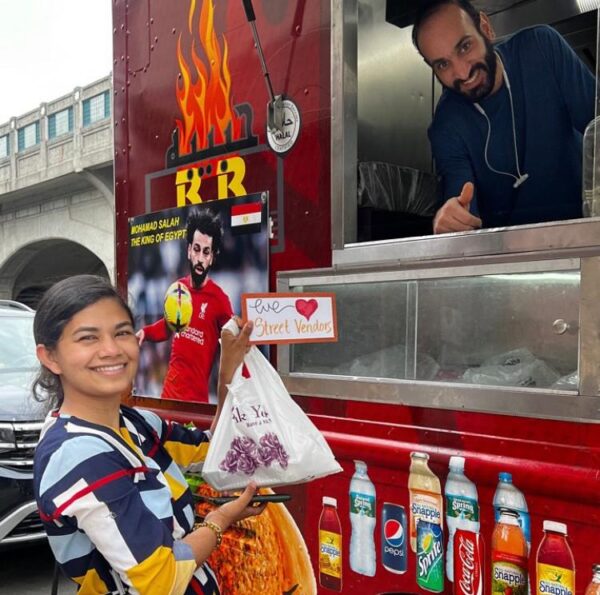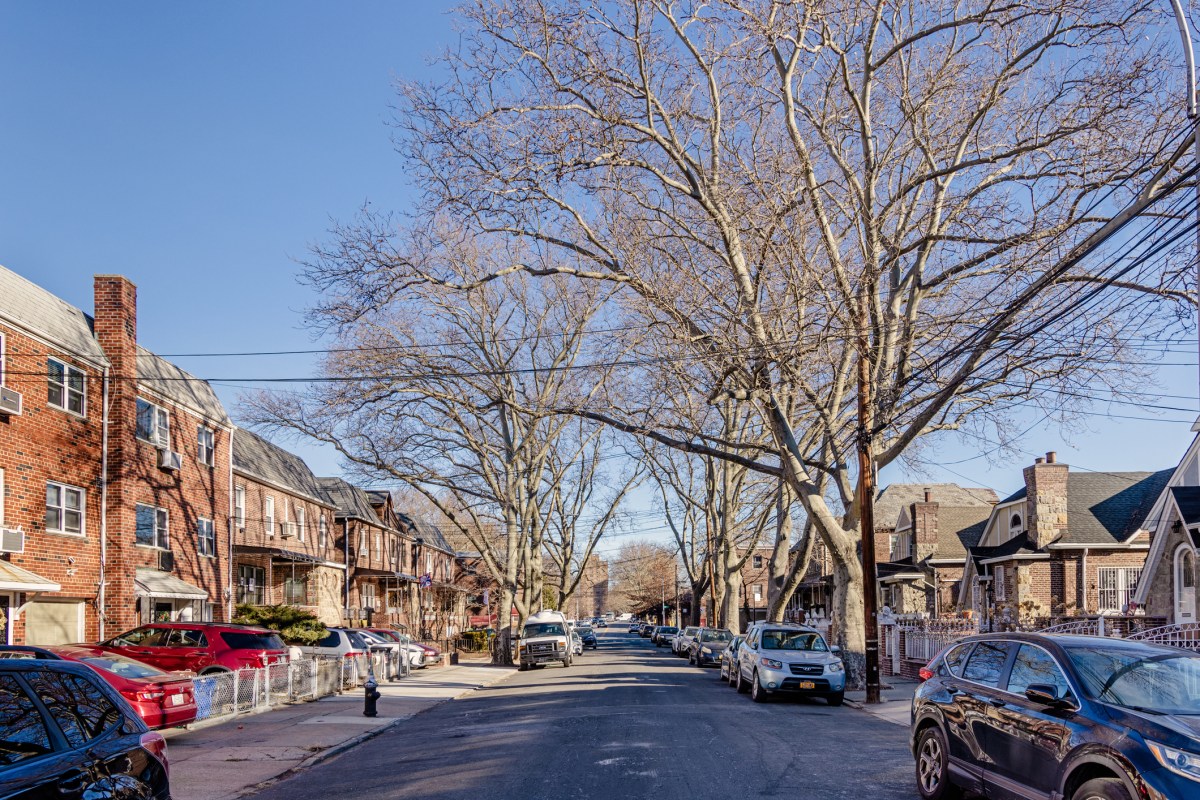
Lawmakers in the state Senate and Assembly have punted on congestion pricing, setting the stage for tough negotiations ahead of the state’s executive budget deadline at the end of the month.
Both houses’ budget responses failed to include the congestion pricing plan proposed by Fix NYC, a panel assembled by Gov. Andrew Cuomo, which outlined adding new tolls and surcharges into Manhattan’s core as a means to reduce the city’s crippling congestion while creating a new, badly-needed dedicated revenue stream for the Metropolitan Transportation Authority.
“Our region is facing an unprecedented traffic and transit crisis, which requires bold and immediate action,” said a group of supporters known as the Let’s Fix NYC Coalition in a statement. The coalition includes e-hail companies, advocacy organizations and some labor groups, among others. “New Yorkers deserve better than what was proposed today and they’ll be demanding a more serious response in the coming weeks.”
The Fix NYC plan calls for a staggered implementation of congestion pricing focused on Manhattan south of 60th Street that would first add new surcharges for companies like Uber and Lyft — between $2 and $5 per trip — and new tolls for commercial trucks. Tolling would eventually be expanded to private vehicles.
But the Assembly offered a watered-down version. Its resolution, passed Tuesday, only focused on e-hail surcharges as part of a new revenue package for the MTA. The Republican-led Senate didn’t include any congestion pricing elements in its resolution passed Wednesday, with text reading that it “supports continuing the discussion” on the policy.
Many transit experts and advocates view the responses as shortsighted and unwise. Nicole Gelinas, a senior fellow at the Republican think tank Manhattan Institute, said the Assembly plans for e-hails could actually worsen traffic in the city.
“Uber is certainly a big part of the problem and they’ve driven up the congestion over the past five or six years, but if you only target them you’re just creating an incentive for commuters not to use Uber or share their cars, but to take their own cars,” said Gelinas. “That also creates more of a problem in terms of parking and looking for parking. There’s a supply and demand imbalance because a lot of parking lots have been closed and have been developed.”
State Sen. Liz Krueger, a Democrat representing parts of midtown and the east side, on Wednesday described the resolution as “more than a little disturbing” in reference to the Senate’s response to the MTA’s transit crisis and budget woes. The financial troubles could spur, at the least, another fare and toll hike next year — the sixth since 2009.
S&P Global Ratings Monday downgraded the bond rating of the MTA, to A+ from AA-. Moody’s Investors Service followed on Tuesday with a report outlining that the authority would be “particularly vulnerable” under another economic recession. With lower-than-anticipated ridership revenues and “rising competition and urgent capital needs,” the agency could be pressured to execute service cuts as a cost-cutting measure, the report found.
At the moment, 16 percent of annual MTA spending goes toward paying off debt — a “dangerous situation,” according to Kate Slevin, vice president of state programs and advocacy at the Regional Plan Association, a planning nonprofit that has long supported congestion pricing in the city.
“Part of that situation is because we haven’t funded the MTA adequately year to year,” Slevin said. “We’ve been very vocal of the needed [MTA] reforms — New York is the most expensive place to build rail in the world — but we can institute reforms and raise revenues at the same time. It makes sense to do that.”
Peter Ajemian, a spokesman for the governor, said in a statement that the administration will be discussing “the best ways to advance recommendations” from the Fix NYC panel.
“There is no doubt we need both dedicated funding for the MTA and a long-term solution to congestion in Manhattan,” he said, “which results in billions of dollars in lost economic activity.”
“We need real leadership from Albany from the governor and the legislature,” said Nick Sifuentes, the executive director of the transit advocacy group Tri-State Transportation Campaign. “What the legislature is doing is kicking the can.”



































